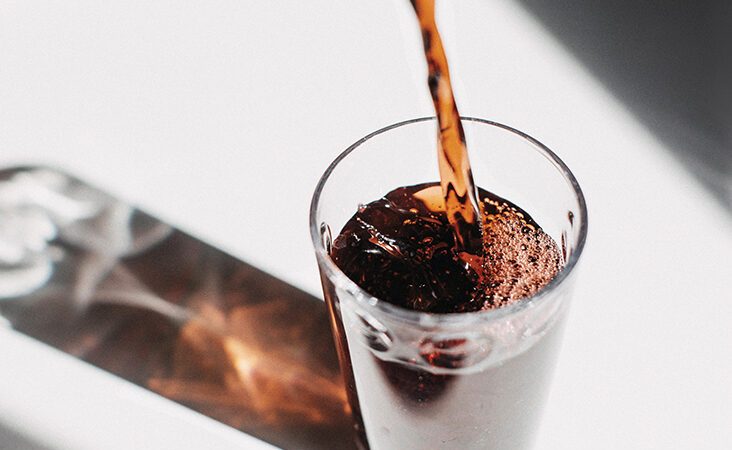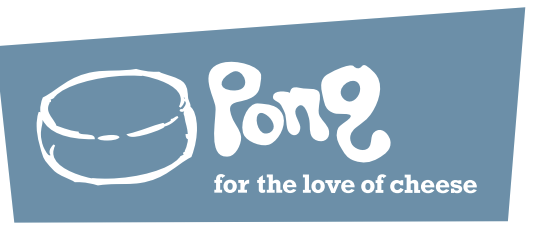
If you’re trying to cut back on sugar, you’ve probably heard that diet soda is healthier than regular soda. These beverages also add variety to your diet and hydrate you. In this article, we’ll explore the benefits of these drinks. Find out which ones are best for you and your health!
Drink Diet Soda
While it may be tempting to drink diet soda to lose weight by Olipop Coupons, it is important to keep in mind that these drinks still contain calories. Although they may seem healthier than regular soda, they increase your risk of developing obesity. This can lead to many health problems, including breast, colorectal, kidney, and pancreatic cancer.
A single 20-ounce soda contains about 39 grams of sugar. The American Heart Association recommends no more than six teaspoons of added sugar for women and nine teaspoons for men. Drinking a diet soda can help you cut back on your sugar intake.
Cut Down on Sugar
While cutting down on the sugar in soda may seem like a daunting task, there are some advantages to reducing the amount of sugar you drink on a daily basis. According to a National Institute of Health study, people who consume large amounts of sugar-sweetened drinks are 30 percent more likely to be diagnosed with depression. Other health risks associated with sugar-sweetened beverages include increased risks of heart disease and type-2 diabetes.
Sugar is naturally found in many foods, including fruits and vegetables. Added sugars are typically added by manufacturers to foods that are already processed or prepackaged. Foods that are naturally sweetened are also rich in nutrients and fiber. A single apple can have twenty grams of sugar, but it also contains nutrients, vitamins, and fiber. The added sugars found in foods are empty calories and may lead to weight gain.
Variety to a Diet
While soda is a tempting drink to drink, it is not always the healthiest alternative. Instead of consuming soda, drink plain coffee or tea, or consider consuming fruit juices in moderation. These alternatives will not only satisfy your cravings for flavor, but they also contain more nutrients and are better for your overall health.
Moreover, soda contains a lot of sugar. Too much of it can contribute to obesity and cardiovascular disease. According to the Centers for Disease Control and Prevention, most Americans consume too many added sugars. Soda has been proven to increase your risk of many illnesses and conditions. Soda consumption should be avoided and alternative drinks should be introduced.
Hydrate You
While it may be tempting to sip a soda or a soft drink, this is actually not a good idea. Dehydration can cause a variety of problems, including headaches, fatigue, drowsiness, nausea, and even nausea. Not to mention that soda does not hydrate your body very well because it contains caffeine, which can increase urine production. If you must drink a soda, make sure that you combine it with plenty of water. Water is essential for body health and functionality, and nothing should replace it in your diet.
One reason for this is the high sugar content in soda. This slows down the hydrating process because the body has to spend more time processing sugar than water. However, this effect is only minimal. Another good alternative is Gatorade, which boasts about hydrating you and adding electrolytes, but still has a high sugar content.
Caffeine
It’s not surprising to find caffeine in soda. According to the Center for Science in the Public Interest, caffeine can affect sleep and cause people to feel jittery. The good news is that soda companies are starting to list the caffeine content of their products on the label. Even so, if you are still unsure of how much caffeine you’re getting, here are some guidelines for you to consider.
Drinking large amounts of caffeine can cause withdrawal symptoms, including headaches, sleepiness, and cravings. Too much caffeine can also cause side effects including insomnia, irritability, and nervousness. Health Canada recommends a daily caffeine intake of 450 mg for healthy adults. This is equal to about three two-thirds cups of coffee.
BPA
The protective liner inside soda cans contains Bisphenol A (BPA). This chemical has been linked to various health problems, including infertility, early puberty, genetic defects, and breast cancer. In 2012, the Food and Drug Administration (FDA) banned BPA from the manufacturing of baby bottles and sippy cups. While BPA is not carcinogenic at high concentrations, it is highly toxic in low doses.
Final Words:
While some groups have argued that BPA is harmful to humans, others have claimed it is harmless. Several studies have shown that BPA is safe in rodents and that humans do not accumulate it in high amounts. A recent report by the European Food Safety Authority showed that BPA is eliminated faster in humans than it is in rodents. In addition, the U.S. Food and Drug Administration found that the current dietary intake of BPA in food is not harmful for humans.








